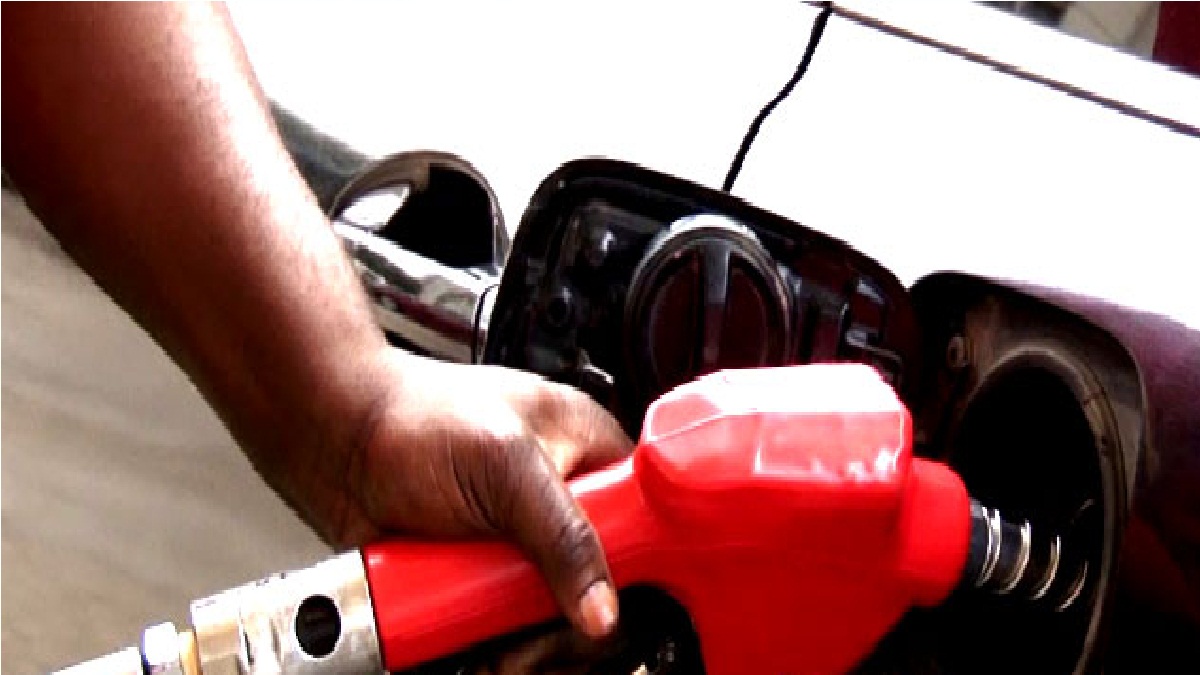Nigerian economists and financial analysts suggest that the recent drop in the price of Premium Motor Spirit (PMS) following the direct fuel purchase agreement between Dangote Refinery and the Independent Petroleum Marketers Association of Nigeria (IPMAN) could help reduce inflationary pressures in the coming months. This insight was shared with *Daily Post* in separate interviews on Monday by Prof. Segun Ajibola, former President of the Chartered Institute of Bankers, and Mr. Idakolo Gbolade, CEO of SD & D Capital Management.
This news comes as Nigeria’s headline inflation and food inflation rose for the second consecutive month, reaching 33.88% and 39.16% respectively in October 2024, according to the National Bureau of Statistics’ latest Consumer Price Index. The country saw inflation increase by 6.55% year-on-year and 2.64% month-on-month. Additionally, urban and rural inflation stood at 36.38% and 31.59%, respectively, highlighting the growing financial strain on the majority of Nigerians, weakening their purchasing power. Inflationary pressures are linked to the rising costs of food, transportation, pharmaceuticals, energy, and other essential goods.
Ajibola: CBN’s Monetary Policies Won’t Solve Inflation
In his response, Prof. Ajibola argued that the Central Bank of Nigeria’s (CBN) monetary policies, including interest rate hikes, cannot effectively address Nigeria’s inflation because the pressures are largely cost-induced. He pointed out that the CBN has been using ineffective solutions to combat inflation for years. “Monetary policies cannot solve inflationary issues in Nigeria because the country’s inflation is cost-driven. It arises from rising demand and increased money supply. The landing cost of imports is escalating due to the exchange rate, and domestically, we are facing cost pressures on all fronts. Unless these underlying factors are addressed, inflation will persist,” Ajibola stated.
Yusuf: Nigeria Yet to Recover from Fuel Subsidy and Naira Floating
Muda Yusuf, Executive Director of the Centre for the Promotion of Private Enterprise, commented that the ongoing rise in inflation reflects Nigeria’s struggle to recover from the economic shocks caused by the fuel subsidy removal and the Naira floating policy introduced by President Bola Ahmed Tinubu’s administration in June 2023. He noted, “The increase in inflation signifies that the economy has not yet stabilized following the adjustments in fuel prices and exchange rates. However, with the government’s economic stabilization measures, temporary import duty waivers, and other policies, there may be a reduction in food prices over time.”
Idakolo: CBN’s Policies Have Failed for Over a Decade
Mr. Idakolo criticized the CBN’s monetary policies, especially the continued interest rate hikes, which have failed to curb inflationary pressures over the past decade. “Despite various policy attempts by the CBN to control inflation, external factors have continuously pushed prices higher. Nigeria has been grappling with inflationary pressures for more than 10 years,” Idakolo said.
Experts Hopeful About the Dangote-IPMAN Deal
Both Ajibola and Idakolo expressed optimism about the potential impact of the Dangote Refinery and IPMAN direct petrol sale agreement, which could bring relief during the festive season and in early 2025. Under the agreement, Dangote Refinery will supply 60 million liters of fuel weekly, leading to a recent price drop of N5 to N50 per liter, with petrol now selling for between N1,060 and N1,150 at filling stations.
Ajibola explained that the drop in petrol prices could help alleviate inflationary pressures by reducing the cost of doing business across Nigeria. “The reduction in petrol prices, thanks to the direct purchase agreement between Dangote Refinery and IPMAN, will have a ripple effect on the overall cost of business in the country,” he noted. However, he cautioned that fluctuations in the exchange rate, with the Naira falling to N1,690.37 per dollar, remain a significant challenge due to Nigeria’s reliance on imports.
Idakolo also welcomed the deal, seeing it as a step toward reducing reliance on imported petroleum products and lowering associated costs. “This agreement will reduce the need to import petroleum products, cutting down import-related costs. Furthermore, the federal government’s decision to sell crude to local refineries in Naira will help lower the cost of locally refined crude. If these measures are consistently applied, they could have a lasting positive impact on inflation,” he concluded.
